|
LISTEN TO THIS THE AFRICANA VOICE ARTICLE NOW
Getting your Trinity Audio player ready...
|
In Bolivia, a tense standoff unfolded over the weekend as an armed group believed to be supporters of former President Evo Morales seized a military facility near the central city of Cochabamba. The Bolivian Foreign Ministry reported that at least 200 soldiers were held hostage by the group, which had also gained control of weapons and ammunition stored within the facility.
The incident, occurring on Friday, November 1, marked a dramatic escalation in the unrest that has gripped Bolivia for weeks. The country has seen widespread blockades and demonstrations organized by Morales’ supporters, who have been protesting an investigation into Morales involving allegations of statutory rape and human trafficking, charges the former president denies. This wave of protests has intensified over the last 19 days, as the opposition calls for an end to what they perceive as politically motivated investigations.
In a rare and chilling display broadcast on local television, images emerged showing Bolivian soldiers lined up with their hands behind their backs, surrounded by armed members of the group. Following the facility’s takeover, the Bolivian military evacuated its personnel and their families from the area, though the armed group continued to hold its position.
One soldier, communicating covertly with his command center, reported that the hostage-takers were demanding that the Bolivian authorities stop obstructing the nationwide blockades. These blockades have created substantial disruption, cutting off major routes and stoking tensions across the country.
Meanwhile, Morales himself, a polarizing figure who ruled Bolivia from 2006 until his controversial resignation in 2019, remains at the center of this unrest. Earlier this month, he claimed he was the target of an assassination attempt, posting a video showing his car riddled with bullet holes. The government quickly dismissed his claim, denying any involvement in the alleged attack.
The background to these events reveals a deepening rift within Bolivia’s political landscape. Morales, once celebrated as Bolivia’s first Indigenous president, stepped down amid allegations of election fraud following his declared victory in 2019. His resignation followed weeks of nationwide protests and ultimately led him to seek asylum in Mexico before returning to Bolivia in 2020.
Now, Morales and his rival, current President Luis Arce, are poised to face off in the 2025 presidential elections, both vying to represent the ruling Movement for Socialism (MAS) party. Clashes between their respective supporters have flared up repeatedly over the past year, highlighting the deep divisions within the MAS base and the country as a whole.
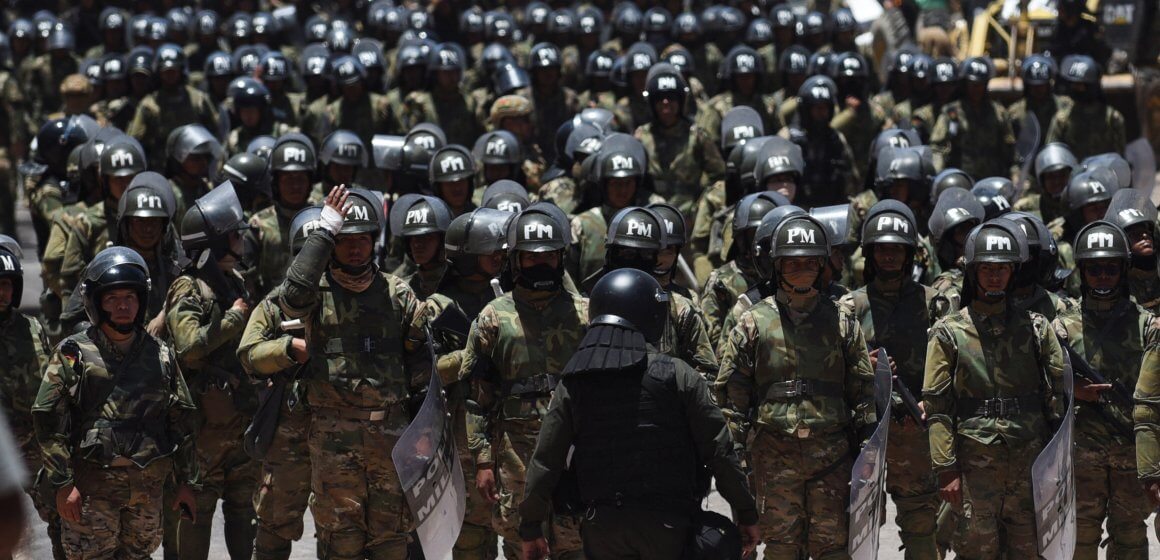



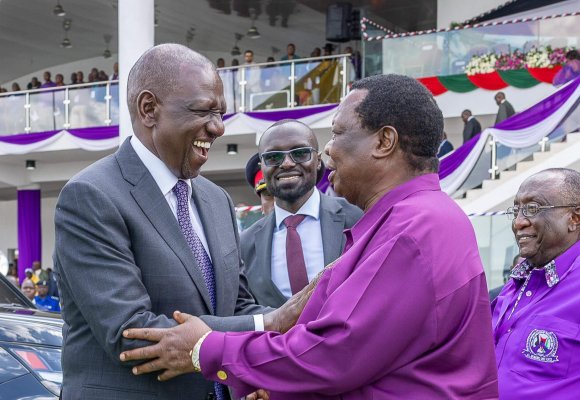
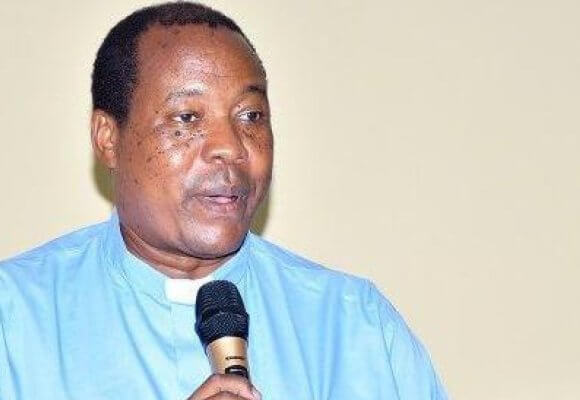

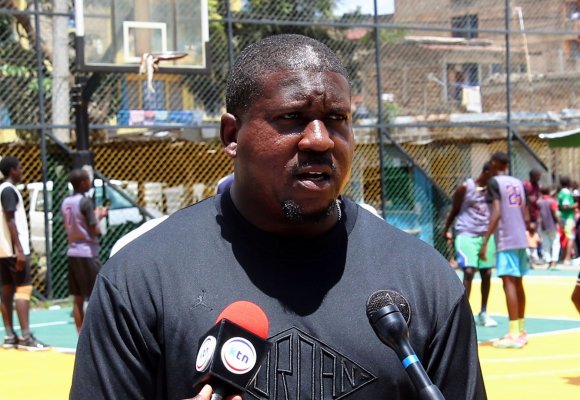
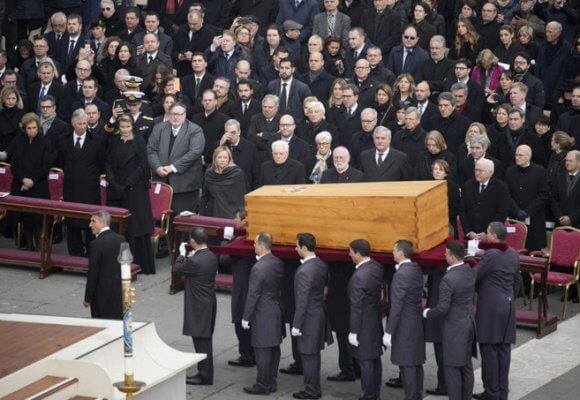


LEAVE A COMMENT
You must be logged in to post a comment.